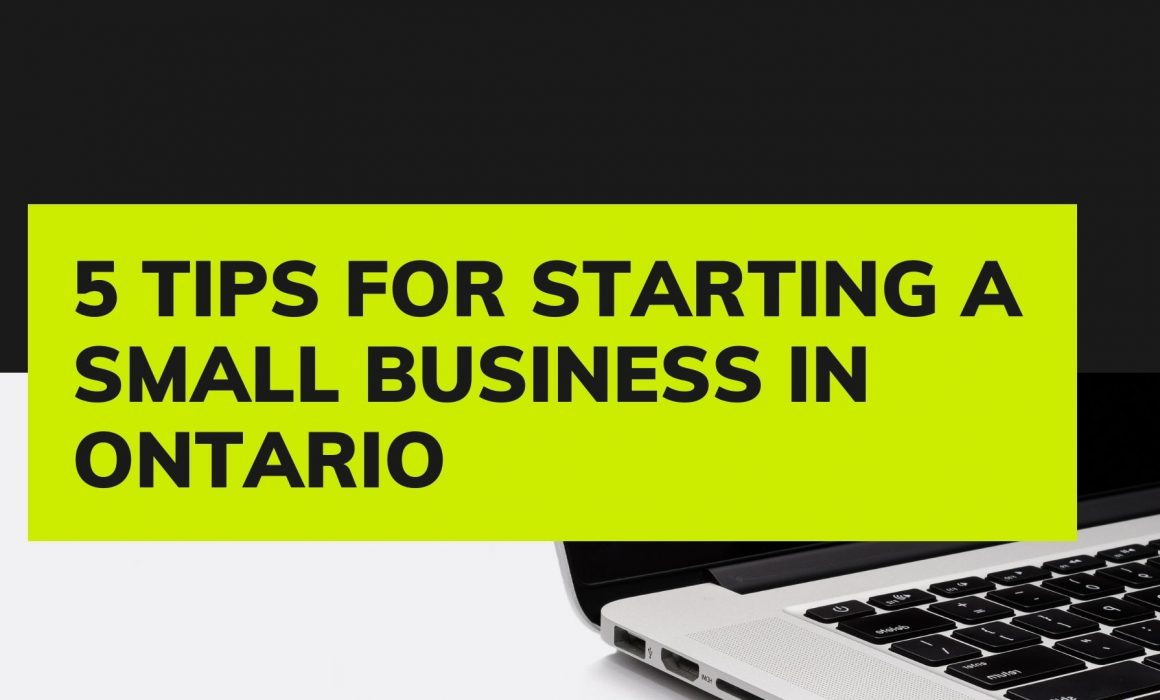A small business venture in Ontario, is an endeavor brimming with potential, embedded within a dynamic and supportive entrepreneurial ecosystem. However, success requires a comprehensive understanding of the local business landscape, legal obligations, and strategic planning.
This article provides a detailed guide through the vital facets of launching a small business in Ontario.
- Evaluating Your Business Concept: 1.1 Market Research: The cornerstone of any successful business endeavor is extensive market research. Identify your potential customers, conduct a competitive analysis, and ascertain the demand for your product or service in Ontario. A deep understanding of local industry trends and consumer preferences can help sharpen your business concept and lay the foundation for strategic decision-making. 1.2 Idea Validation: Validate your business idea by gathering feedback from potential customers, mentors, or industry professionals. Use tools such as surveys, focus groups, or online market research platforms to get an accurate sense of the potential demand and feasibility of your business idea.
- Crafting a Comprehensive Business Plan:2.1 Components of a Business Plan: A comprehensive business plan outlines your enterprise’s objectives, strategies, financial projections, and marketing endeavors. It should include a clear description of your business concept, target market, competition, pricing structures, marketing tactics, operational plan, and funding needs.2.2 Importance of a Business Plan: An engaging and thorough business plan can attract potential investors and serve as a roadmap for your business’s growth. It can also help you anticipate potential challenges and prepare strategies to overcome them. Don’t let the lack of a solid business plan hinder your progress. Using a Business Plan Builder tool to easily craft a professional plan that enhances your chances of securing government funding.
- Registering Your Business in Ontario:3.1 Selecting a Business Structure: Choosing a suitable business structure—be it a sole proprietorship, partnership, or corporation—is crucial. Each has unique requirements and legal consequences, and it’s advisable to seek expert counsel to make the best choice for your business.3.2 Registration Process: The process of registering your business in Ontario includes securing a business name, obtaining necessary licenses or permits, and acquiring a Business Number (BN) from the Canada Revenue Agency (CRA).
- Understanding Legal and Regulatory Requirements:4.1 Regulatory Compliance: Operating a business in Ontario necessitates compliance with various legal and regulatory standards. These can include acquiring industry-specific permits, licenses, or certifications.4.2 Tax Obligations: Familiarize yourself with your tax obligations, such as GST/HST registration and payroll requirements, to ensure financial compliance.
- Cultivating a Robust Digital Presence:5.1 Building a Professional Website: A well-designed and mobile-optimized website can serve as a powerful marketing tool, showcasing your products or services to a global audience.5.2 Social Media Engagement: Establish a potent social media footprint on platforms like Facebook, Instagram, and LinkedIn to broaden your audience reach and engage with potential customers effectively.
- Utilizing Government Support and Resources:6.1 Exploring Funding Opportunities: The Ontario government offers various funding programs such as grants, loans, and tax credits to bolster small businesses. Investigate these opportunities to secure additional capital.6.2 Networking and Mentorship: Take advantage of networking events and mentorship programs provided by the government and other local business organizations. These can offer invaluable advice and opportunities for collaboration.
Setting up a small business in Ontario involves meticulous planning, legal awareness, and a keen understanding of your target market. By engaging in in-depth research, crafting a comprehensive business plan, properly registering your business, and leveraging digital platforms, you are laying a robust foundation for your entrepreneurial journey. Make the most of the support and resources offered by the government to maximize your chances of success. With the right preparation and tenacity, your Ontario-based small business can thrive, contributing positively to the local economy.


